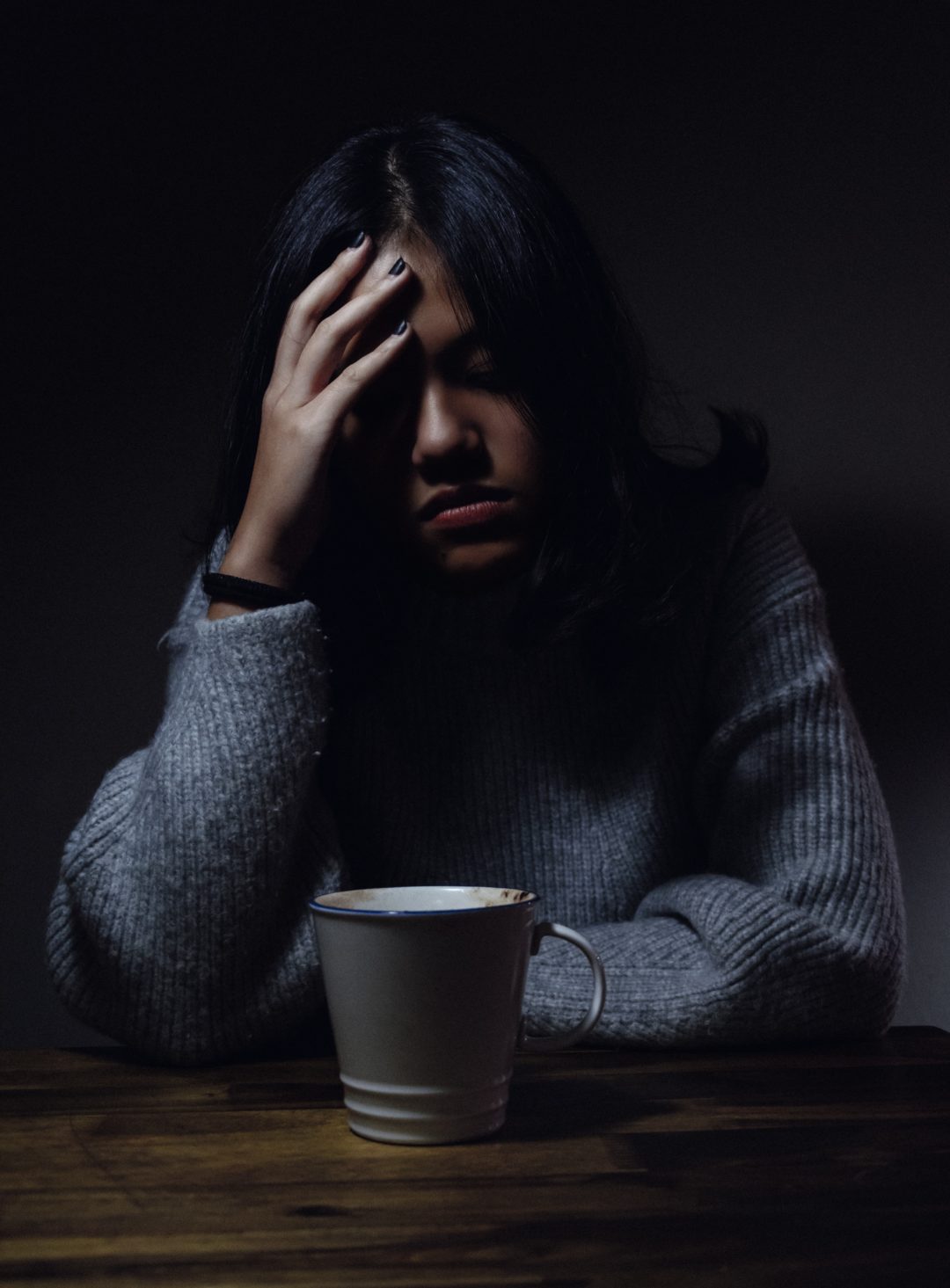

From my favorite loving-kindness meditation, may you be safe, may you be happy, may you be healthy, and may you live with ease. No matter what your days are filled with during this pandemic, I wish you peace and comfort that outweighs your fear and anxiety. Leaning onto the support of my community has made me feel stronger and more equipped to take on each day. In addition, we are not meant to carry this stress or season of life alone. We are not doing our work ethically if we are not taking loving, good care of ourselves. I know for me during this pandemic, becoming a trauma steward is doubling the amount of time I dedicate to self-care and leaning on my coworkers, family, and friends for support. This could be time in nature, movement, breath, meditation, prayer, or any other creative space you step into consciously to reconnect to yourself. Whatever this means to you is great, and knowing what those tools and strategies are can help you ground yourself. In addition to mindfulness, r esearch on vicarious trauma includes the importance of spirituality and meaning making in the context of the larger world around us. How do we do this meaningful work in a way that works for us and does not add to our suffering? It is most important to name that it is happening, to lovingly acknowledge that we are being impacted on a deeper level, and to remain in the present moment.

It is simply a result of working in the trenches of the tough, messy, difficult aspects of life, which is also a huge reason we all chose to be here. It is depicted in the book in the same way oil splatters on a painter’s shirt or dirt gets under a gardener’s nails. Vicarious trauma is nearly impossible to avoid. It is an honor that therapists and helping professionals do not take lightly, but it does come with a cost. It is a privilege to be in the helping profession, to work alongside others and hear their stories. Lipsky uses the term trauma stewardshi p to describe the overall practice of caring for oneself in order to remain successful at, and avoid negative effects of, caring for others. One of my favorite book s is Trauma Stewardship* written by Laura van Dernoot Lipsky (and co-author Connie Burk). This is a lot if you are a healthcare worker, therapist, or anyone in a helping profession. This is a lot if you are having marriage or relationship strains. This is a lot if you have lost a loved one to COVID-19. This is a lot no matter what your circumstances are. We need to recognize, more than ever, to treat ourselves with compassion and understanding, and continue to remind ourselves that this is a lot. Well, our world is going through a traumatic crisis, is it not? It is important for healthcare workers and therapists to be aware of these effects, but also every one of us as we navigate these paths we have never been on before. Vicarious trauma causes the helper ’ s view and beliefs of the world to change, due to the secondary trauma they are experiencing from someone else’s traumatic experience. I would argue that vicar ious trauma is being experienced by the majority of our world during this pandemic, whether you are working in a helping profession or not. Signs of a trauma exposure response may include diminished creativity, an inability to listen or be present, chronic exhaustion, feeling hopeless, or an inability to empathize. Vicarious trauma, also known as secondary trauma, burnout, compassion fatigue or empathic strain, can be defined as indirect or direct exposure to another’s trauma through witnessing or hearing the narrative of that event.


 0 kommentar(er)
0 kommentar(er)
